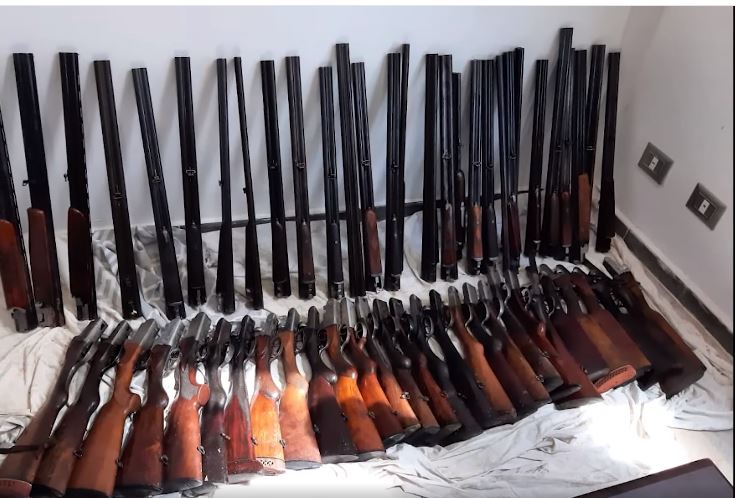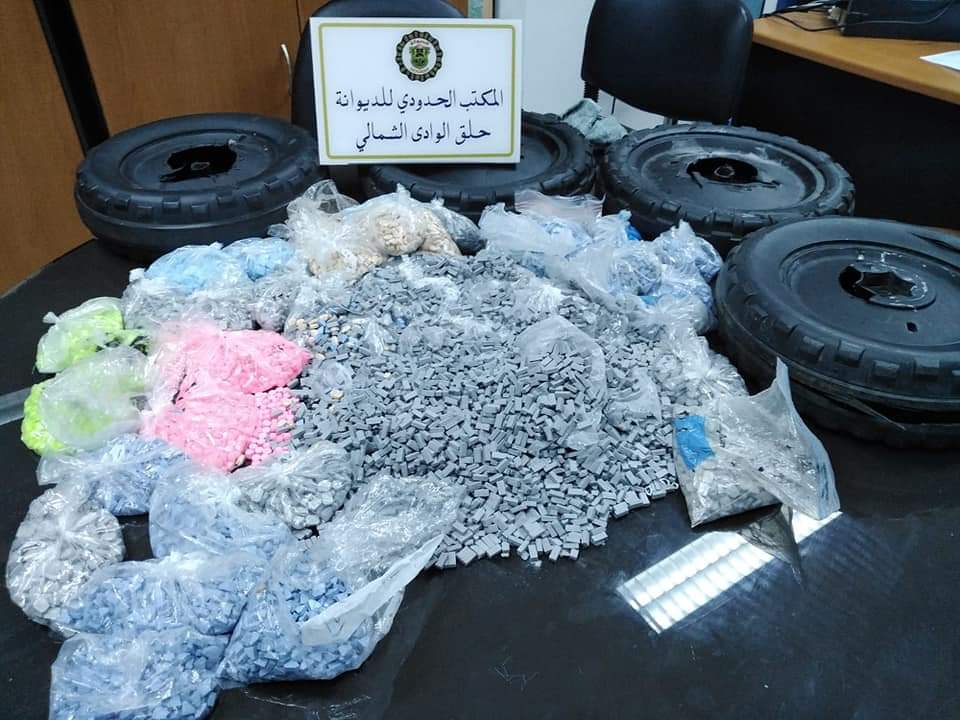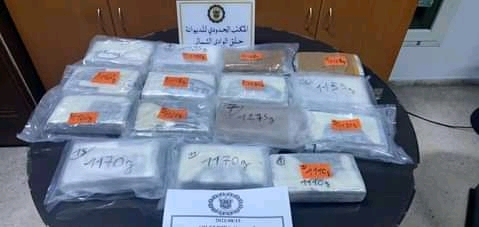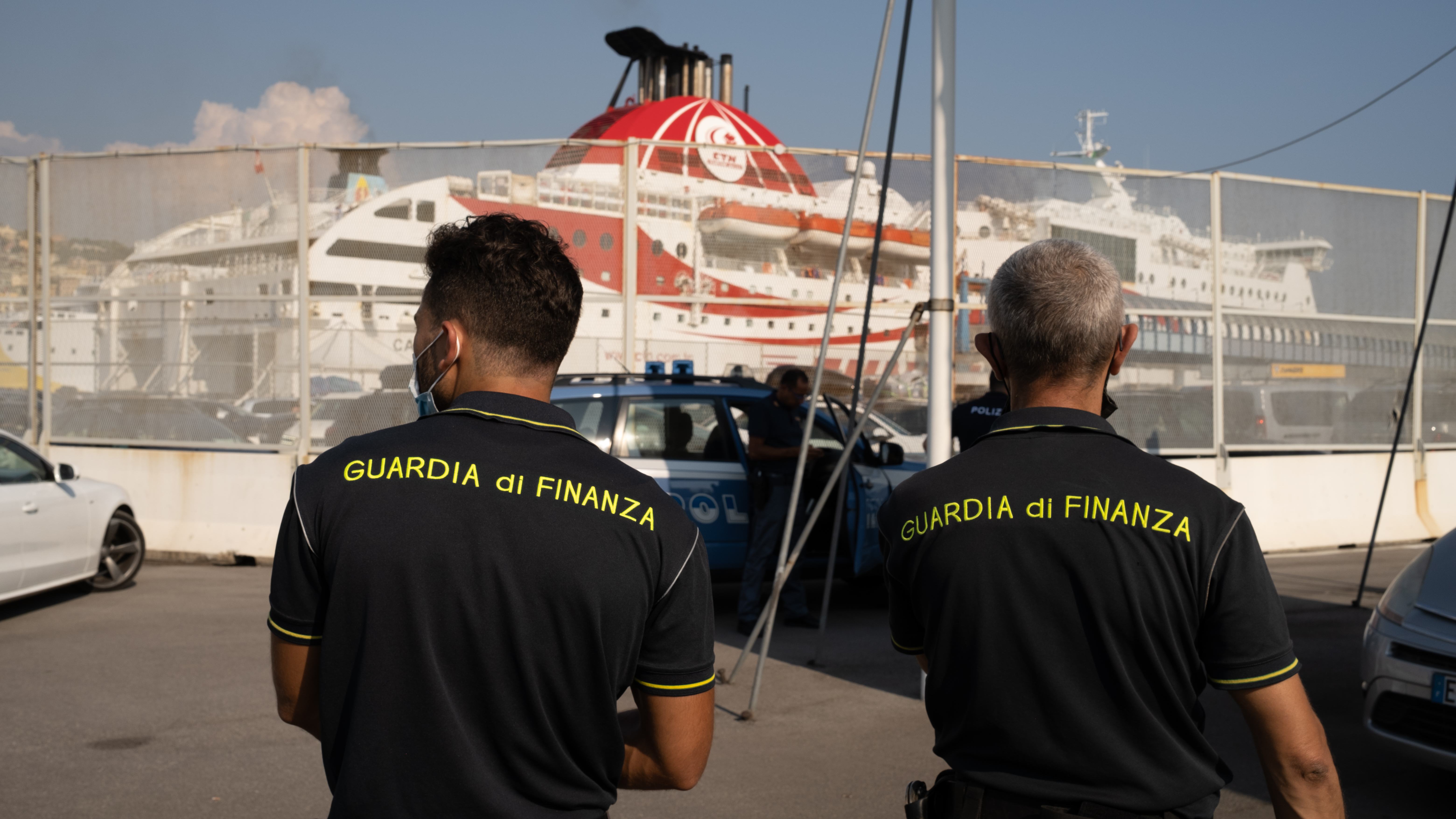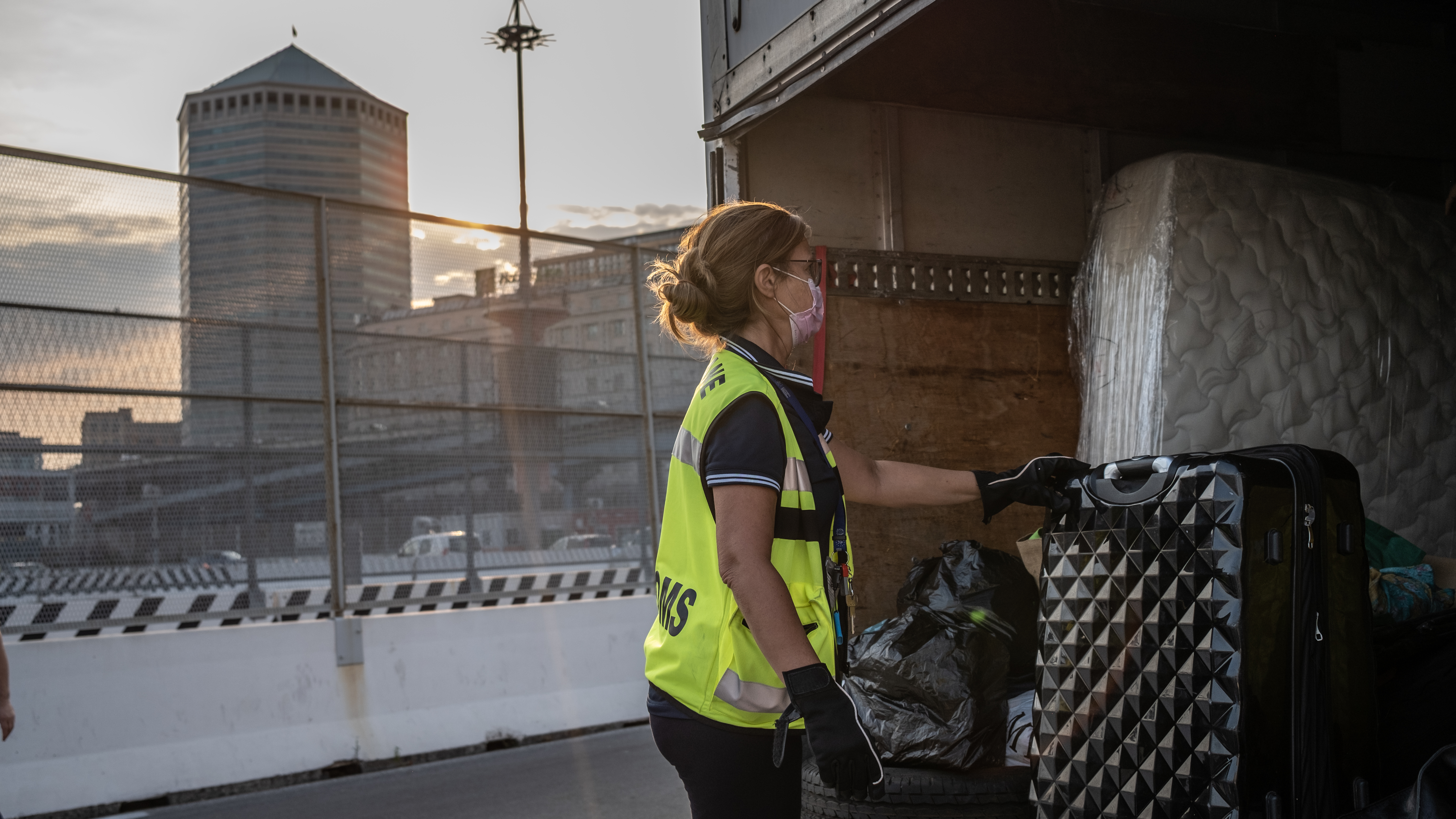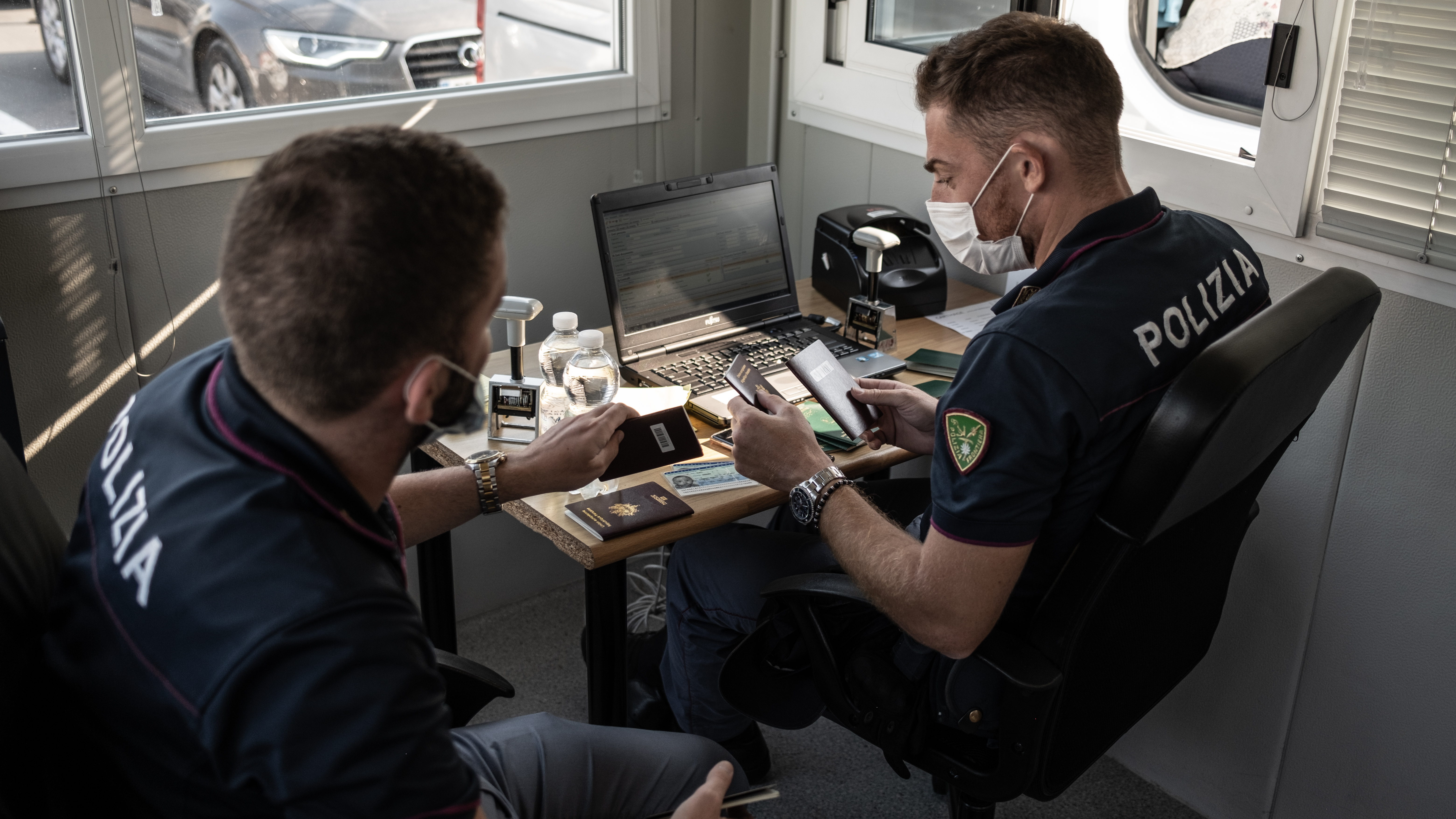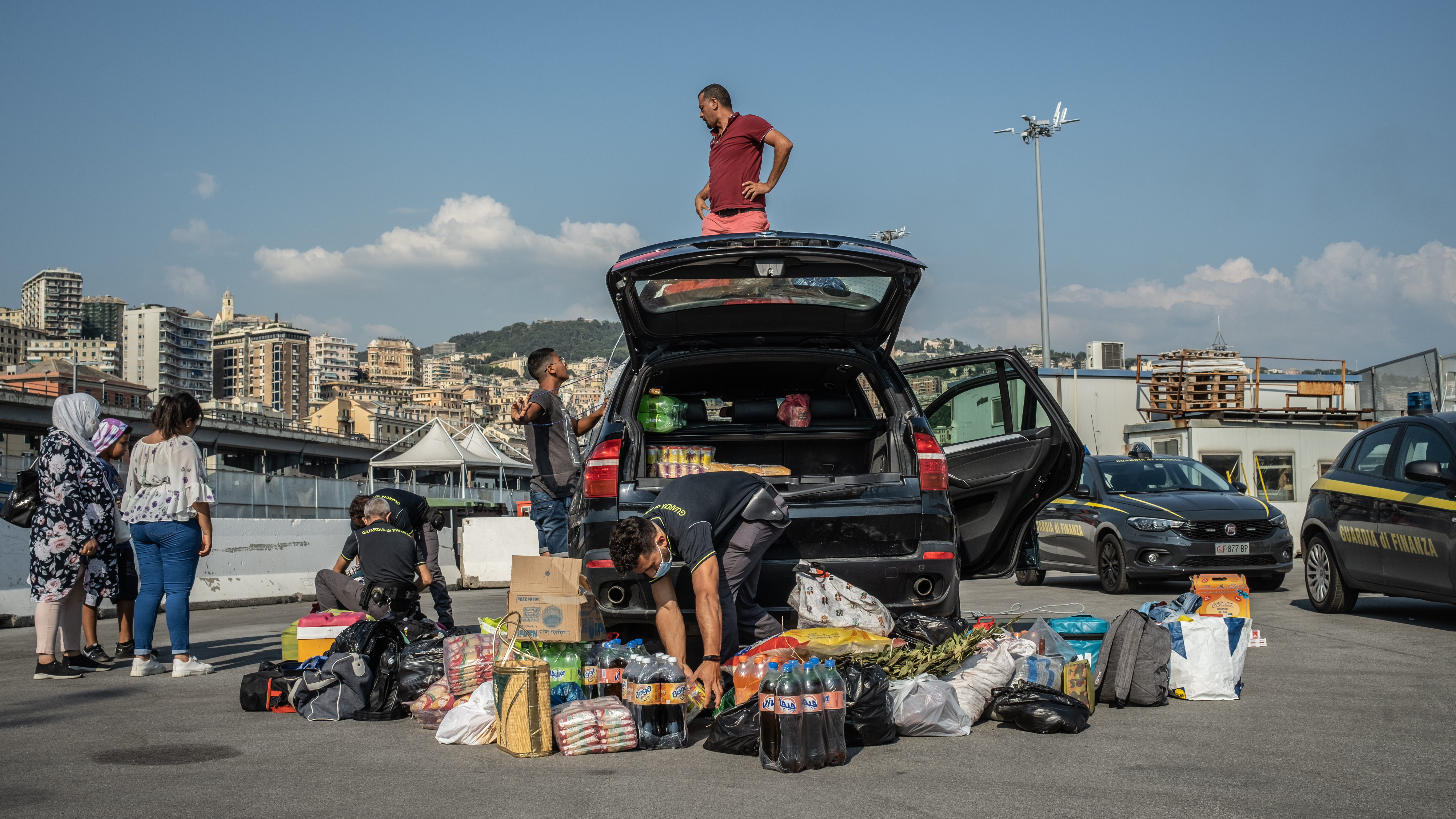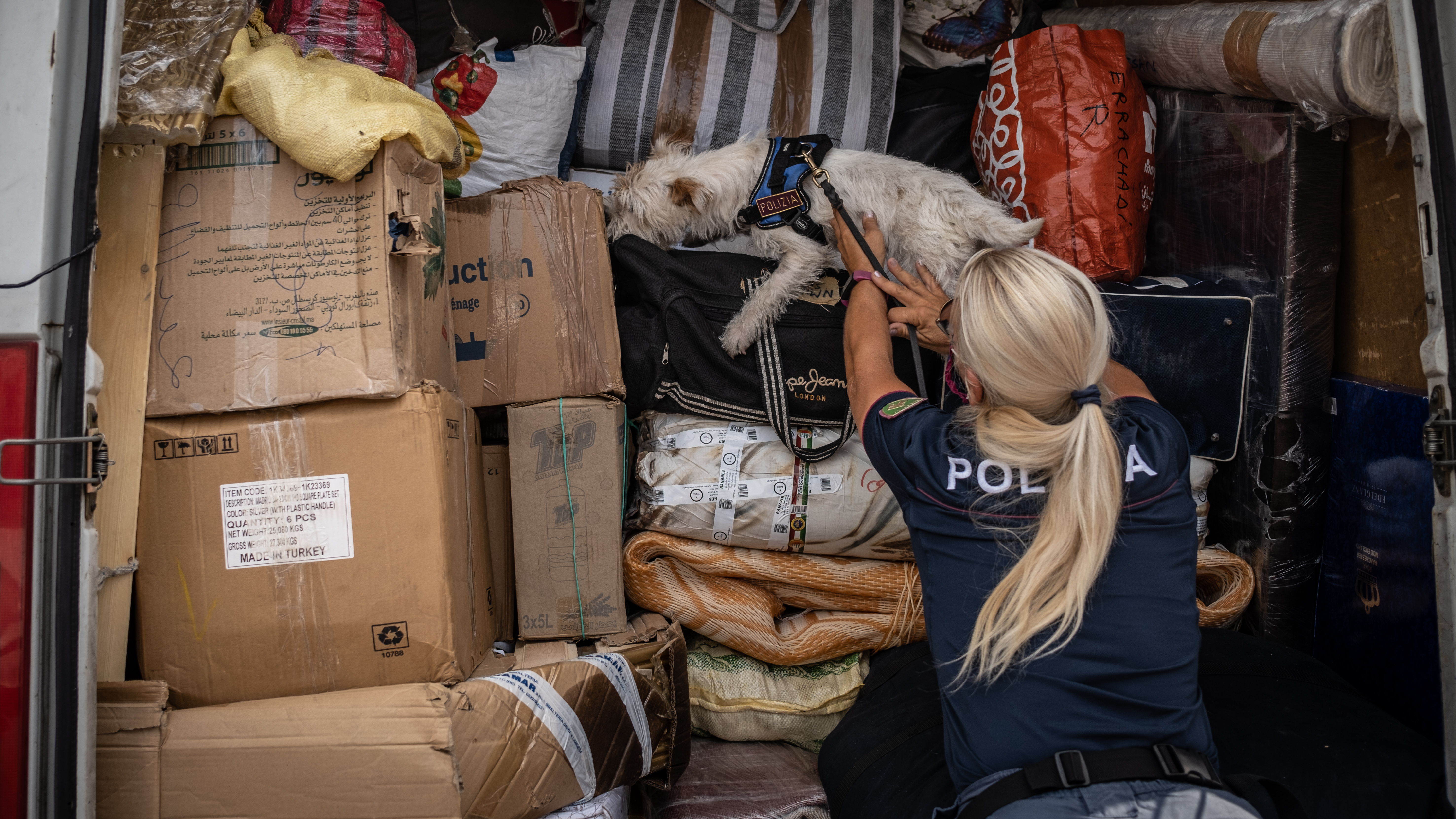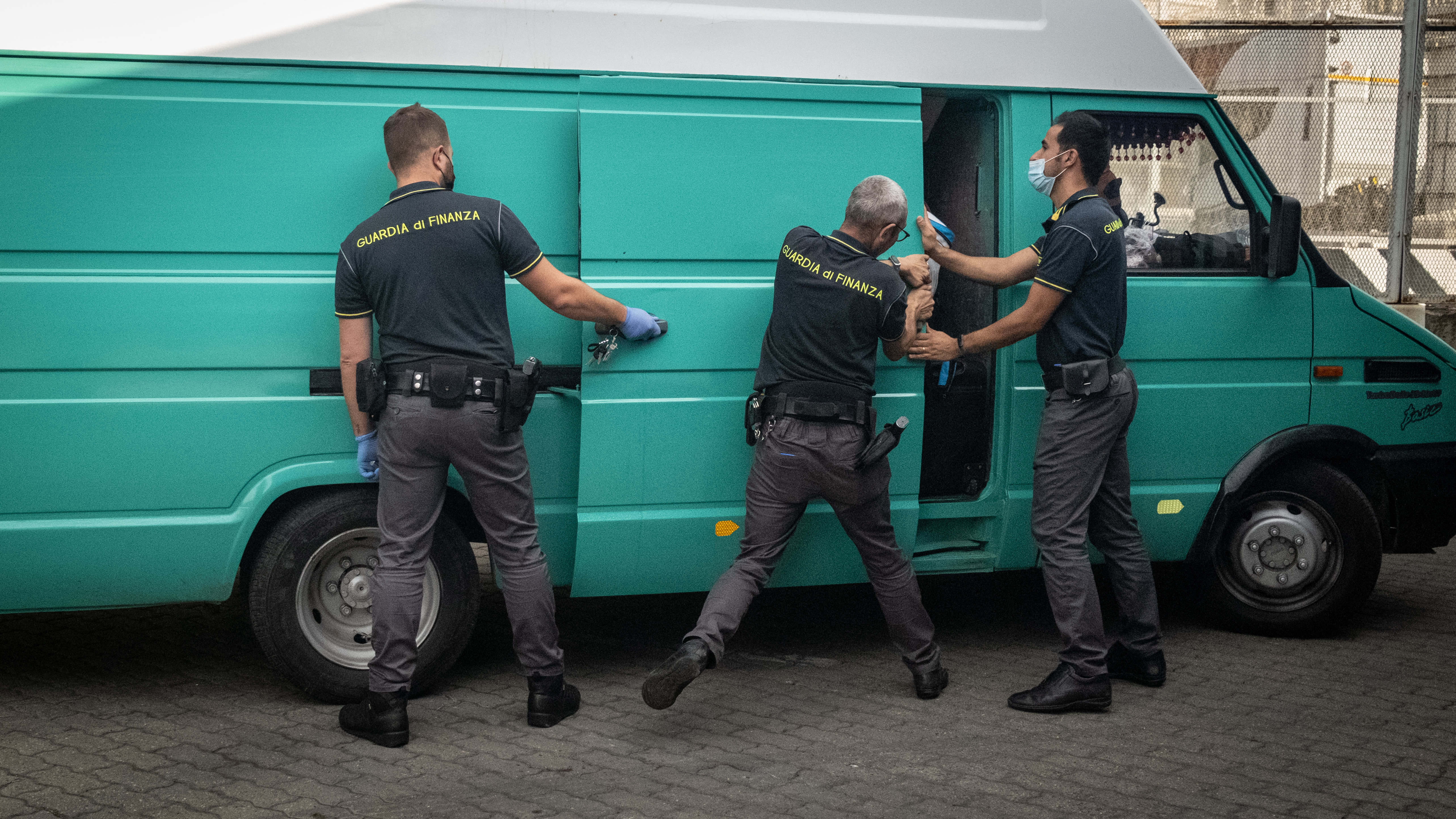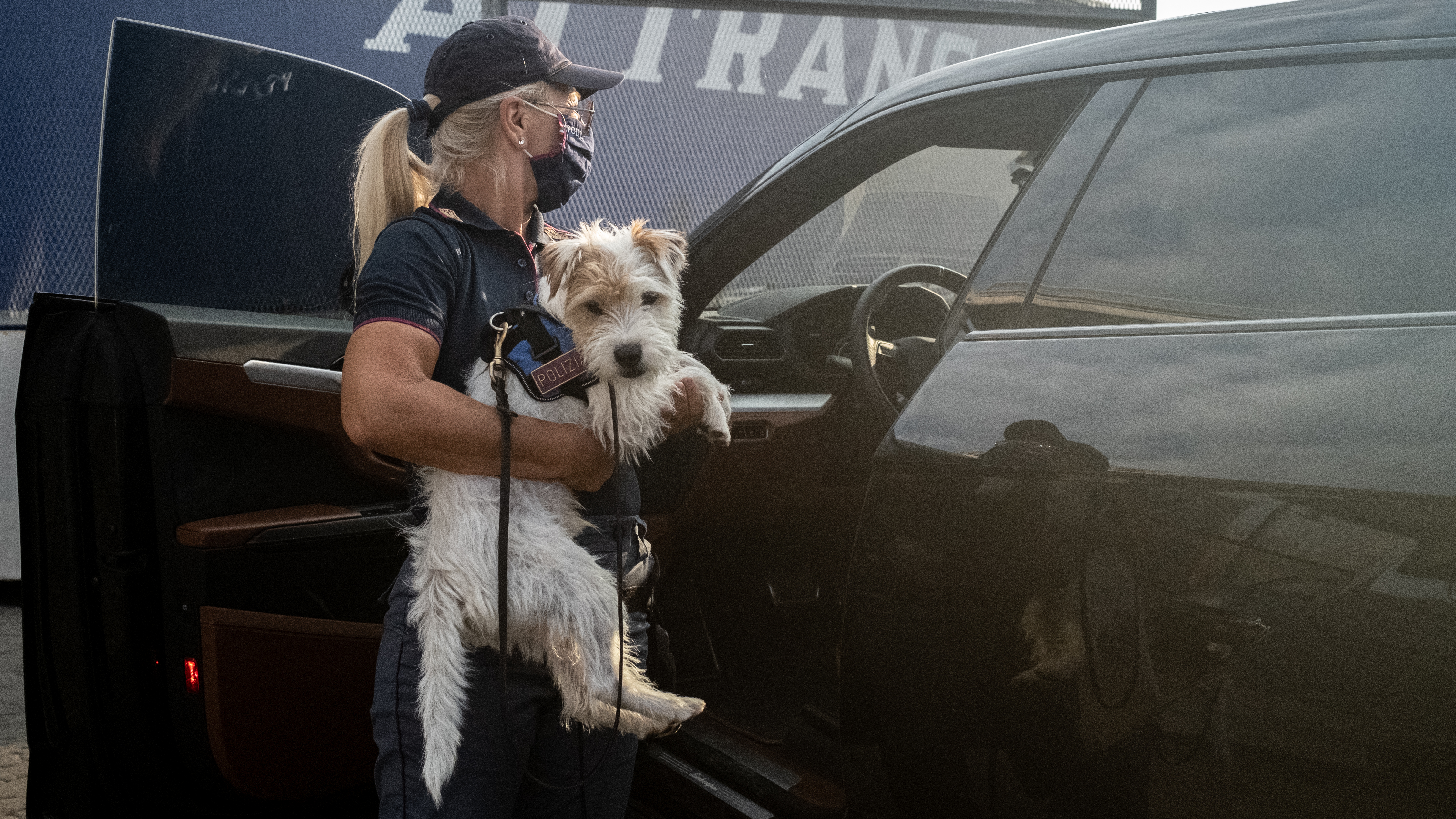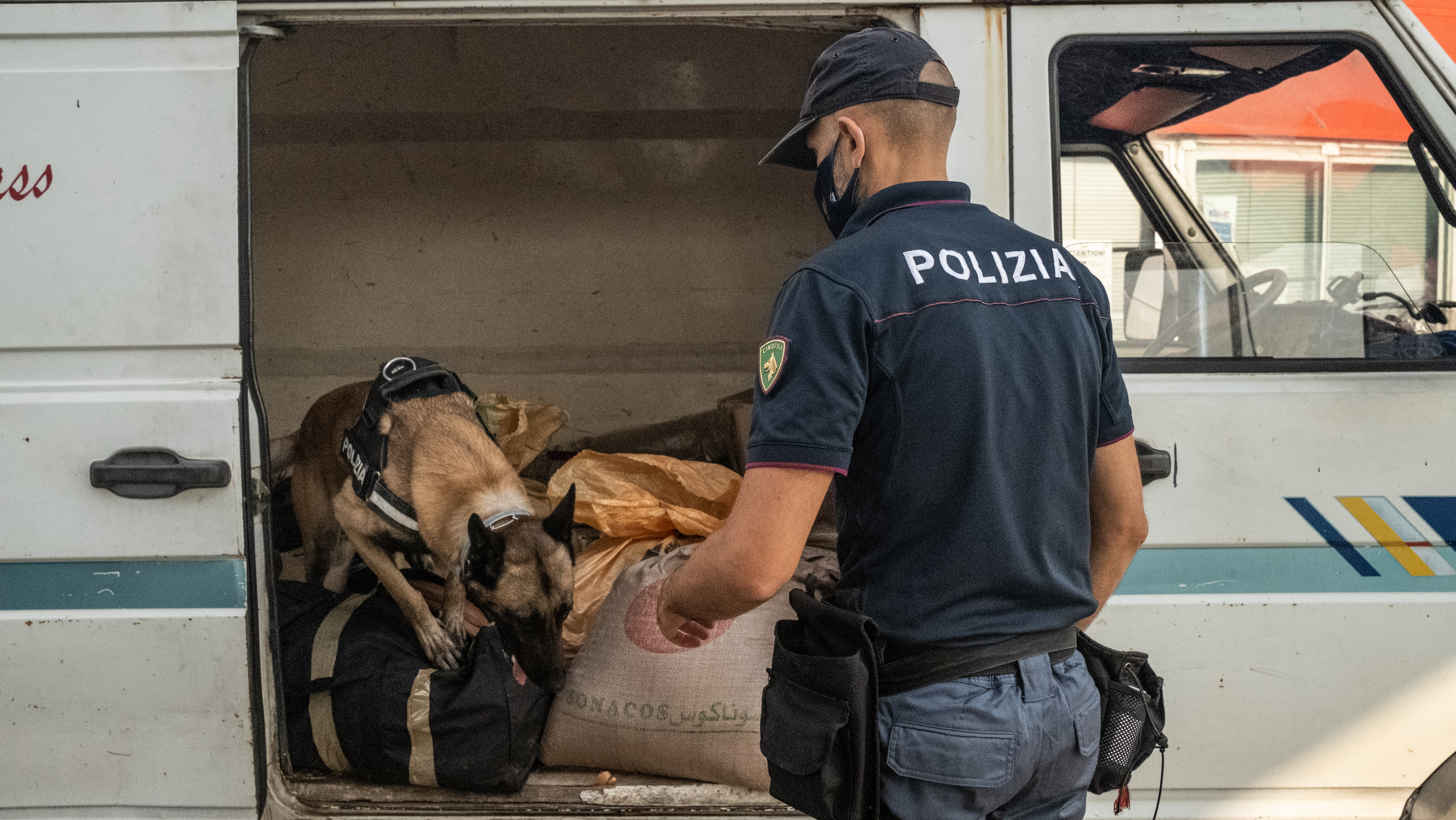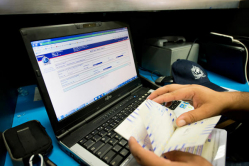LYON, FRANCE -- An international operation aimed at strengthening passenger controls at a number of seaports and airports linking North Africa to Southern Europe has yielded 29 arrests for a variety of offences, including one on terrorism charges.
The individual concerned, arrested in Algeria, was subject to an INTERPOL Red Notice for terrorism activities. An additional 24 terrorism-related hits based on checks in INTERPOL and national law enforcement databases were identified throughout the operation.
Led by INTERPOL with the support of the World Customs Organization (WCO) and Frontex, Neptune III involved law enforcement in five countries – Algeria, France, Italy, Spain and Tunisia – and was carried out during the summer 2021 tourist season.
INTERPOL deployed officers to assist local authorities in screening travellers, cross-checking their data against INTERPOL and national databases. The WCO deployed two officers in Italy and France to assist local Custom services, collected information on all Customs seizures and ensured that data were effectively shared between Customs services through its secure communication platform, CENcomm. Frontex, the European Union’s Border and Coast Guard Agency, deployed officers in Italy and France to assist local authorities in profiling passengers, identifying document fraud and detecting illicit activities.
Terrorists among the tourists
Tens of thousands of vehicles and passengers cross international borders via maritime routes every year. Traffickers and terrorists regularly take these routes, compromising regional security across Europe and Africa. Operation Neptune III produced the following results:
- Arrests: 29 individuals were arrested on charges of terrorism, drug trafficking, vehicle theft, crimes against children, sexual violence, fraud and human trafficking, among other crimes.
- Seizures:
- 17.5 kg of cocaine, with an estimated street value of EUR 1.2 million;
- More than 20,000 ecstasy pills;
- 189 kg of tobacco products;
- Five vehicles (three luxury cars and two motorcycles);
- One handgun and 29 hunting rifles;
- Over EUR 260,000 in cash.
“The results of Operation Neptune III show that suspected terrorist and organized crime groups are moving through the same borders as thousands of other passengers each month,” said INTERPOL Secretary General Jürgen Stock.
“However, the results also demonstrate that securing borders through enhanced international law enforcement cooperation presents an opportunity to disrupt terrorist threats and criminal operations,” the Secretary General added.
Sharing information to save lives
INTERPOL’s databases contain details of around 135,000 individuals suspected of terrorist activity, making the Organization the largest repository of such information. Data are collected from and shared with law enforcement in INTERPOL’s 194 member countries.
Operation Neptune III saw officers from participating member countries conduct systematic screenings of individuals and their passports at selected seaports and maritime operational zones.
Terrorism and organized crime are often transnational by nature, making cross-border information sharing between law enforcement agencies critical to ensuring front-line border officers can screen individuals using the most complete information available. While the screening of passengers constitutes a routine procedure, the potential consequences of border officers’ decisions can sometimes be a matter of life and death.
Hunting rifles bound for Tunisia
Frontex supported the operation in partnership with Italy and France as part of its multipurpose operations at sea borders. The agency concentrated on Mediterranean seaports and the movements of suspected terrorists using established ferry routes between the EU and North African countries.
Four Frontex experts were deployed at sea ports in Italy and France to assist with border checks, screening and profiling of suspected terrorists, preventing unauthorized border crossings and detecting cross-border crime.
The experts also supported local authorities with the identification of document fraud. On the ground, Frontex experts held information sessions on how to spot suspected terrorists on the move and on the latest document fraud trends.
Customs administrations participating in the operation strengthened controls on passengers and their belongings, targeting especially the smuggling of currency and weapons. They shared information with each other on any seizures made during inspections of passenger baggage, vessels and vehicles.
The Tunisia Customs Service seized 29 hunting rifles that had been concealed inside a vehicle that had departed from Genoa, Italy, on a ferry bound for Zarzis, on Tunisia’s southeastern coast. Italian Customs and the Guardia di Finanza made numerous seizures of tobacco products, stolen electronic goods and over 2,000 items of counterfeit designer clothing, while French Customs seized 93 kg of tobacco from a single individual.
Operation Neptune was supported by funding from the INTERPOL Foundation for a Safer World.
Related news
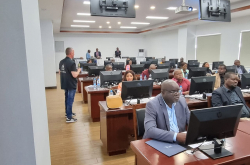
Border security threats focus of STOP operations in Africa
8 December 2023




